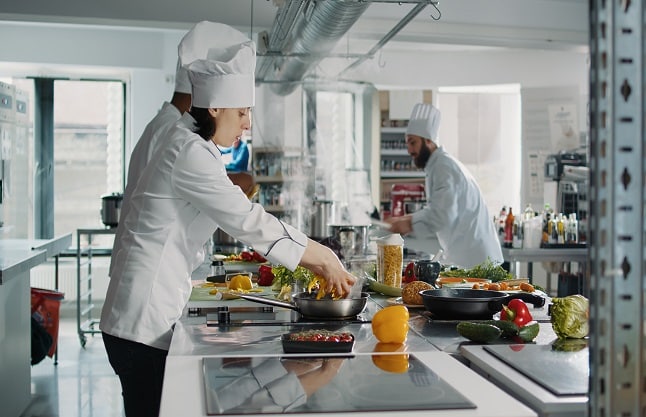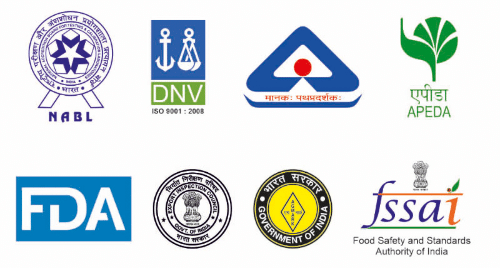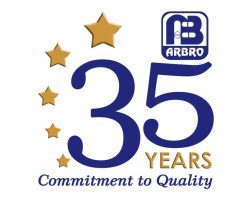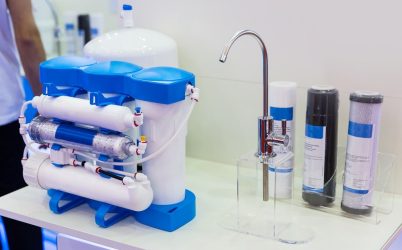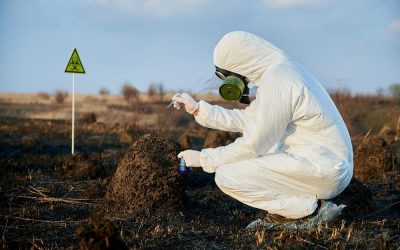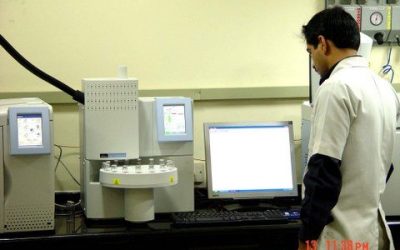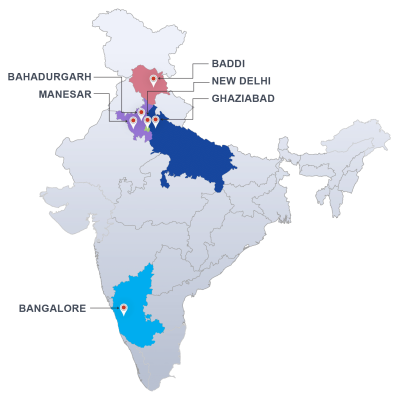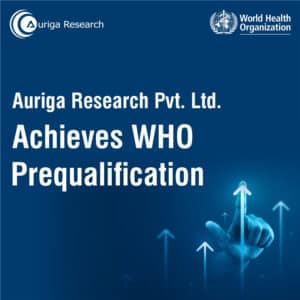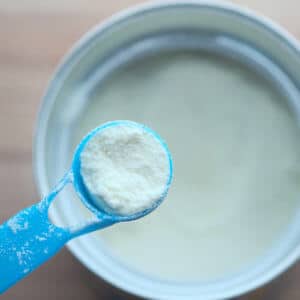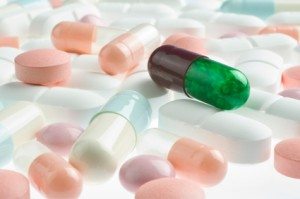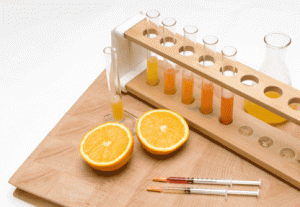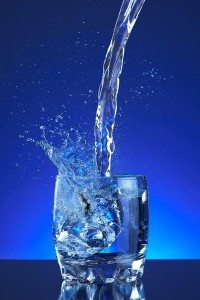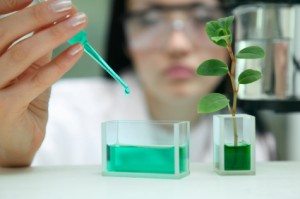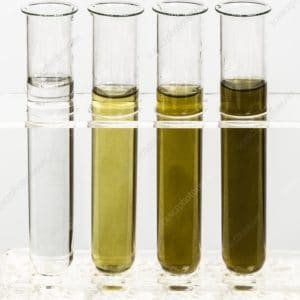Water Testing for Giardia and Cryptosporidium Parasites
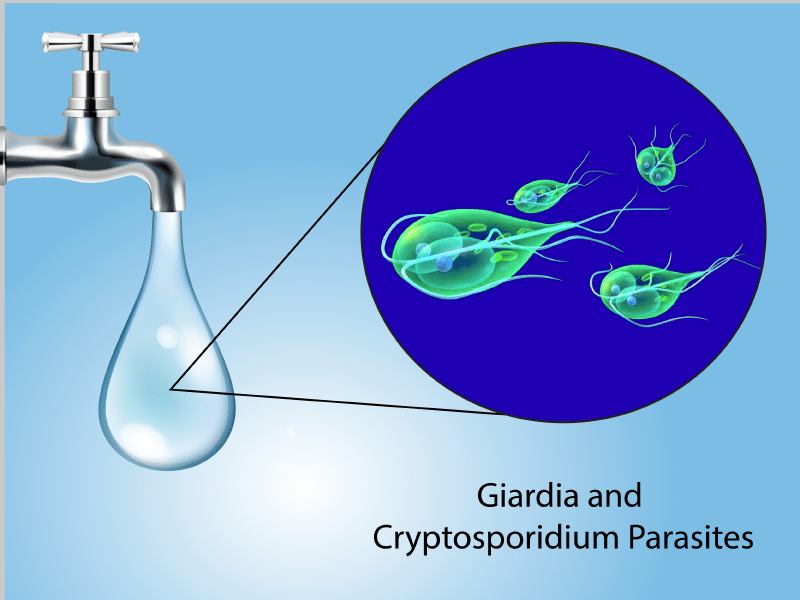
Are you in the water business or do you operate a food and beverage establishment that relies on clean water? It is crucial to ensure that your water supply is safe and compliant with ISO 15553:2006 standards and EPA 1623. It is important to detect the potential risks associated with waterborne parasites like Giardia and Cryptosporidium. These protozoan parasites are known to cause enteric illness in humans and can survive in aquatic environments, including swimming pools and drinking water. Cryptosporidium is highly resistant to chlorine, making it difficult to eliminate through traditional water treatment methods.
Protecting your customers and clients from waterborne illnesses is crucial for your business. By understanding the characteristics and transmission of these parasites, you can take the necessary steps to safeguard your water supply and prevent outbreaks.
I. Giardia: The Intestinal Menace
Giardia is a microscopic parasite that affects both humans and animals. Its primary target is the small intestine, causing a gastrointestinal illness known as giardiasis. Symptoms include diarrhea, abdominal pain, nausea, and dehydration. The parasite’s life cycle has two stages, and it can survive in the environment for a long time, making it very difficult to disinfect.
Transmission
Giardia is a parasite that can spread through contaminated water, food, or contact with infected individuals. The most frequent way of transmission is by consuming cysts, which are the dormant stage of the parasite, found in polluted water sources like lakes, rivers, and untreated wells.
Prevention
Ensuring the safety of drinking water is crucial to avoid Giardia infection. Effective prevention methods include boiling water for at least one minute and using water filtration systems that remove cysts. Proper hygiene practices, such as handwashing with soap and water, are essential, particularly after using the bathroom or changing diapers.
II. Cryptosporidium: The Resilient Invader
Cryptosporidium is a microscopic parasite that can cause cryptosporidiosis, a gastrointestinal illness. The parasite has a thick outer shell that allows it to survive for long periods, even in chlorinated water. This makes it difficult to eliminate and poses a challenge as a pathogen.
Transmission
Cryptosporidium is a parasite that can be transmitted through contaminated water or food, as well as direct contact with infected individuals. Prevention of infection requires a multi-faceted approach. Water treatment facilities should use filtration systems that can remove oocysts, and individuals should consider home filtration methods. Swallowing water from swimming pools, lakes, or rivers should be avoided. Practicing good personal hygiene, such as thorough handwashing, is crucial in preventing transmission.
III. Protecting Your Health: Best Practices
Water Treatment
- When it comes to protecting yourself from Giardia and Cryptosporidium, investing in reliable water treatment methods is essential.
- Filtration systems with a pore size of 1 micron or less are highly effective in removing parasites.
- In emergency situations, water purification tablets or boiling water can provide an added layer of protection.
- Practicing good hygiene is vital in preventing the spread of these parasites.
- Always wash your hands with soap and water before handling food, after using the bathroom, or after contact with potentially contaminated surfaces.
- In public spaces, use hand sanitizers if soap and water are unavailable.
- International Standard Protocols: ISO 15553:2006 ‘Water Quality-Isolation and Identification of Cryptosporidium oocysts and Giardia cysts from water’ is the only ISO method that applies to water testing for these parasites.
Swimming and Recreational Activities
To stay safe while swimming, don’t swallow water. It’s important to make sure that water facilities follow proper disinfection and filtration protocols, whether they’re pools, hot tubs, or natural bodies of water.
Travel Precautions
When traveling to areas with limited clean water access, it’s important to take precautions. Use bottled water, avoid ice made from tap water, and eat cooked foods that are served hot. This will help ensure your safety and health while traveling.
Method of Testing
- Two commonly used methods are Filtration and Immunofluorescence Assay (IFA). Water samples are filtered through a specialized filter with a pore size of 1-3 microns to capture parasites.
- Remove these parasites from filter paper by washing, vortex and centrifuge it to collect the supernatant.
- Concentrate and separate these parasites by antibody coated magnetic beads.
- Prepare the slides and stain them with 4′,6-diamidino-2-phenylindole (DAPI) fluorescent antibodies specific to Giardia and Cryptosporidium.
- If present, the parasites will emit fluorescence when examined under a fluorescence microscope. This method allows for identification and quantification of the parasites.
- PCR is a molecular technique that detects the genetic material of parasites.
- Water samples are collected and processed to extract Giardia and Cryptosporidium genetic material. PCR amplifies the genetic material with specific primers.
- The amplified DNA or RNA is then analyzed to determine the presence of parasites.
- PCR offers high sensitivity and specificity, but requires specialized equipment and trained personnel.
Our Services
Auriga Research provides comprehensive water testing services to ensure the safety and quality of water for businesses in the water industry and food and beverage organizations. Our accurate and timely results help prevent water-related diseases and product recalls, giving you peace of mind and protecting your reputation.
Our state-of-the-art laboratories, equipped with cutting-edge equipment, enable us to deliver reliable results, helping water supply authorities, regulatory bodies, and industries meet the necessary standards and ensure the provision of safe drinking water.
Contact Us
For any query you can Contact us or fill out our Query form, call us now on +91-8588851888 or drop an e-mail to [email protected]. We will be happy to provide you with a proposal for your testing requirements.

